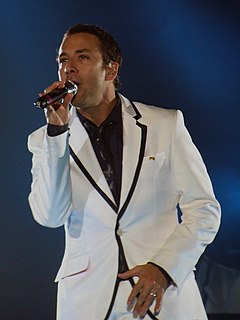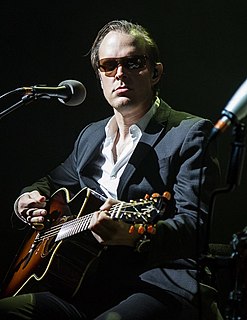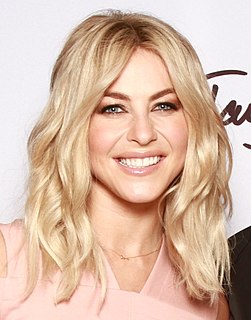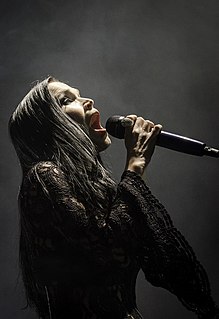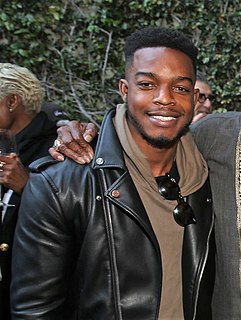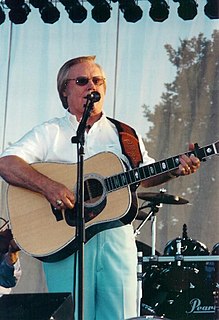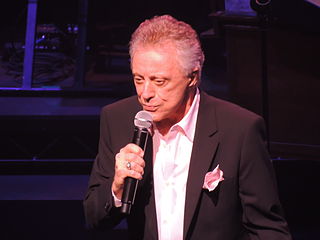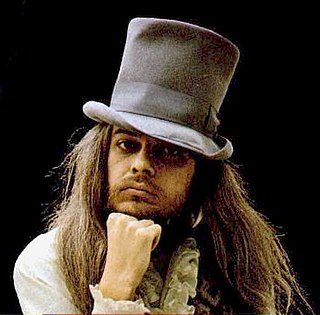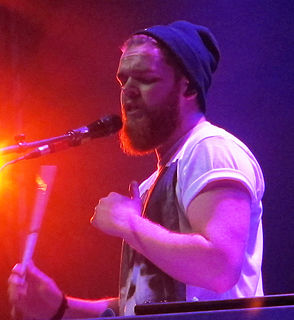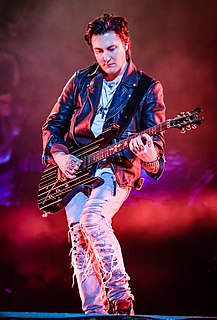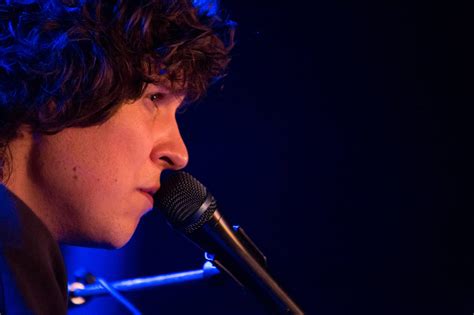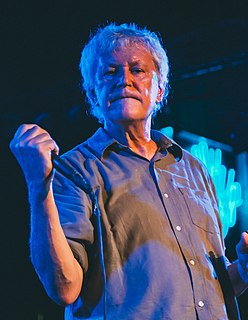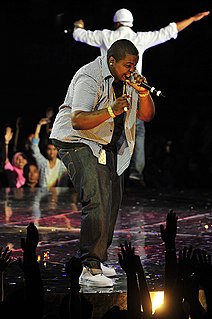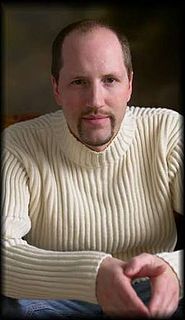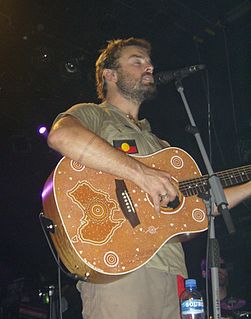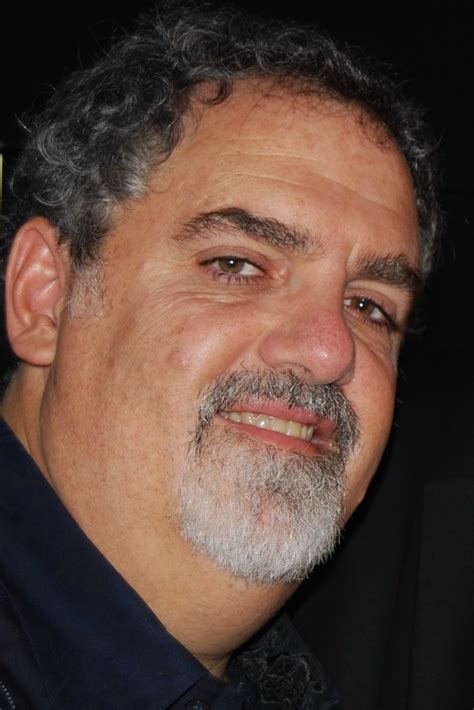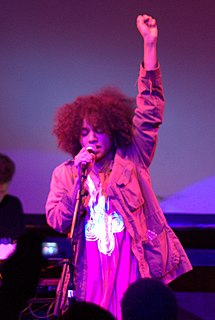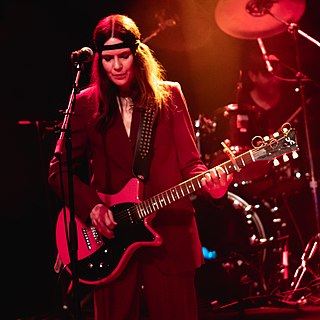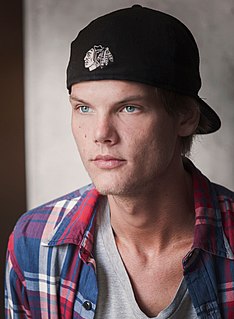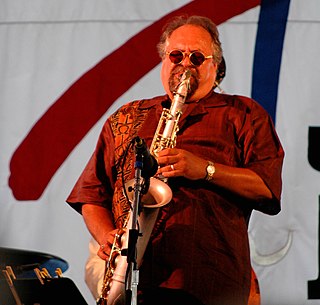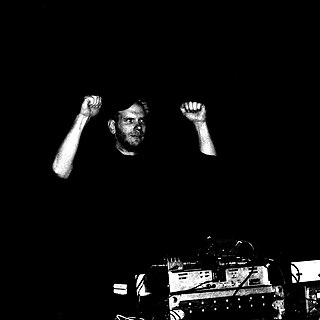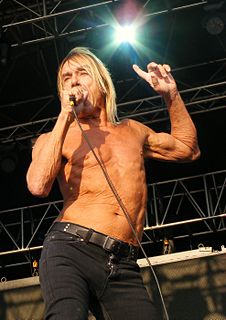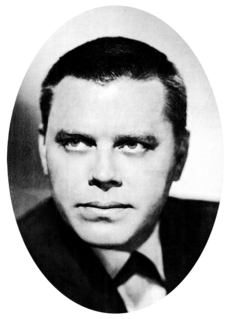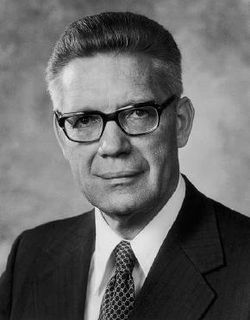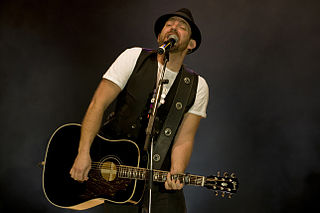Top 522 Melodies Quotes & Sayings - Page 8
Explore popular Melodies quotes.
Last updated on December 25, 2024.
My favorite over the years is probably 'All I Have to Give.' That's probably my favorite. It's one of the first songs that the five of us were featured on the lead, and I just think it has such a great sonic sound with all the melodies and harmonies. It has a little bit of a mixture of R&B and a pop sound. It's just a really good feel-good song.
Beauty addresses itself chiefly to sight, but there is a beauty for the hearing too, as in certain combinations so words and in all kinds of music; for melodies and cadences are beautiful; and minds that lift themselves above the realm of sense to a higher order are aware of beauty in the conduct of life, in actions, in character, in the pursuits of the intellect; and there is the beauty of the virtues.
The one area where I'll say that Hendrix is underrated was his ability to use chord melodies. He used different inversions of chords and was able to make a three-piece band sound absolutely huge. From the moment Hendrix and the Experience came on the scene, power trios had their work cut out for them.
Every time I sit down in front of my piano, I like to improvise with the instrument. It depends on my mood of that day what kind of melodies and rhythms I am playing around. Sometimes, even before starting to play I already have a quite clear picture of a song I would like to compose, or at least the sound of it.
My partner sometimes liked to go into the studio and improvise voice things just for fun. When I returned from England I transcribed one of her melodies, and had some of the hospice participants sing it, because they said they liked to sing. Their singing is very raw, but I'm going to use it for the final work.
Every single place that's brushed upon me has made me the artist that I am - from Nigerian Highlife music and the vocal melodies that I grew up on when I would be sitting with my father and his fellow chiefs, to the funk and freeness of the Bay Area groove, to L.A.'s smooth G-funk legacy, Brooklyn's lyricism, and now Atlanta's trap history.
I was a huge pop music fan as a kid, but the bands I was into were like 5ive and N-Sync. It was like watching a cartoon. There was so much going on, and the production was so well mixed. Stevie Wonder was able to give you those melodies and production but back it up with such creative integrity and real musicianship and artistry.
When I'm in Los Angeles, it's hard to be creative. For me, New Orleans is one of those places that's like a muse. You can hear music on the streets. There's a certain character the city has that inspires you when you're needing to write lyrics and come up with melodies and come up with rhythm and blues. The city has a pulse and it's an inspiration for me.
I am a composer first and foremost, and have always believed that being able to write memorable melodies is what sets musicians apart. My songs bring images to the listener's mind. The object is to transport my listeners to another place, some place sacred and spiritual that will make them glad they took the ride.
Booker T. Jones sounds more pithy and forceful than ever on “Potato Hole”…Mr. Jones still jabs terse, unhurried melodies that sound as if he knows the lyrics but would never tell. Where the M.G.’s suavely underplayed their aggression, the rockers’ multiple-guitar attack, with distortion and feedback, gives the music teeth.
When I sang my American folk melodies in Budapest, Prague, Tiflis, Moscow, Oslo, or the Hebrides or on the Spanish front, the people understood and wept or rejoiced with the spirit of the songs. I found that where forces have been the same, whether people weave, build, pick cotton, or dig in the mine, they understand each other in the common language of work, suffering, and protest.
My first instrument was my voice. I was always singing and writing melodies when I was a little kid. I just sort of taught myself whatever was around. If there were instruments around, I'd play them. I always liked the idea of not being shown but coming up with my own energetic connection to the instrument.
Elton John can be a master of the sleight of hand. The arrangements make it seem like there are substantial melodies underneath the tracks - but almost nothing demands repeated listenings. Similarly, he always sounds like he's singing up a storm, but his voice glosses over the material, reducing most things to an uninteresting sameness.
I think that in a certain sense, we're concerned about the same issues. How do you accent the progressive, the prophetic, those things that are critical of all forms of injustice, all forms of bigotry, all forms of dehumanizing other people, and yet still allow for a certain kind of flow, linguistic flow, certain kinds of melodies and harmonies in the samplings that take place?
At times I have a beat first and then I write. Sometimes I have a melody in my head and I pick up the guitar to develop the song. Other times I just write without any melodies, and I end up using those lyrics when I think I have the appropriate instrumental that would bring out and depict the emotions of what I have written.
I can't draw. But I can draw with sound. That's the most useful thing I learned in terms of what my craft is... The arrangements were mine. They were little lines and stuff that I had written myself... And I was locked into this idea that vocals didn't count, melodies didn't count, songwriting craftsmanship didn't count. The only thing that counted was high arching guitar solos...
From the beginning, I've always had a knack for catchy melodies. But I went through a period when I was trying to be rock n' roll and have a rock n' roll attitude. I was fighting my nature by trying to play really hard and sing really hard. But at a certain point, I realized that I loved syrupy pop music with tons of harmony.
I'm trying to be expressive on my instrument and conduct as I'm improvising. So I'm conducting with the melodies and the rhythms that I play. And so it's a very organic way. It's a lot like Charles Mingus played, cuing people in from what you play and how you play it rather than standing in front of a band, conducting and pointing.
...the laws of physics, carefully constructed after thousands of years of experimentation, are nothing but the laws of harmony one can write down for strings and membranes. The laws of chemistry are the melodies that one can play on these strings. the universe is a symphony of strings. And the "Mind of God," which Einstein wrote eloquently about, is cosmic music resonating throughout hyperspace.
I grew up watching Gregory Hines banging out rhythms like drum beats, and Jimmy Slyde dancing these melodies, you know, bop-bah-be-do-bap, not just tap-tap-tap. Everyone else was dancing in monotone, but I could hear the hoofers in stereo, and they influenced me to have this musical approach towards tap.
For me, the tabletop is an easy way to eliminate the possibilities of chords, modes, melodies, and harmonies. It kind of confines you to this other sound sphere. I know anyone facing this kind of dilemma could always just find another instrument more suitable to their needs, such as a sampler or synthesizer, but I figured I have a guitar and amp so why not just use them?
I write for myself; I'm trying to keep myself interested in the music. But at the same time, I want to make the songs relatable in a way; I want to keep melodies pretty simple and the lyrics open-ended so that people could maybe relate them to their own life in different ways. Something for everybody to have a piece of.
In the morning I'd write these essays, anything that I'd feel like writing, and in the afternoon, I'd spend time with my guitar. I had decided after listening to my last four or five albums that my biggest weakness musically was melody. the reason I had been singing in a monotone over the chord patterns in my songs was that I never practiced doing melodies.
So imagine a fire going -- wood snapping the way it does when it’s a little green — the wind rattling the windows behind the curtains -- and one of those Chopin melodies that feel like sorrow and ecstasy all mixed together pouring from the keys -- and you have my idea of happiness. Or just reading, reading and lamplight, the sound of pages turning. And so you dare to be happy. You do that thing. You dare.
I've also learned to only write songs and melodies that really work for my voice and that I won't have issues doing live. Because you can get really, really comfortable in the comping process: out of five takes, maybe one of those high notes that you struggled to do, nailed it, and then live you're having that challenge of really having to recreate that.
